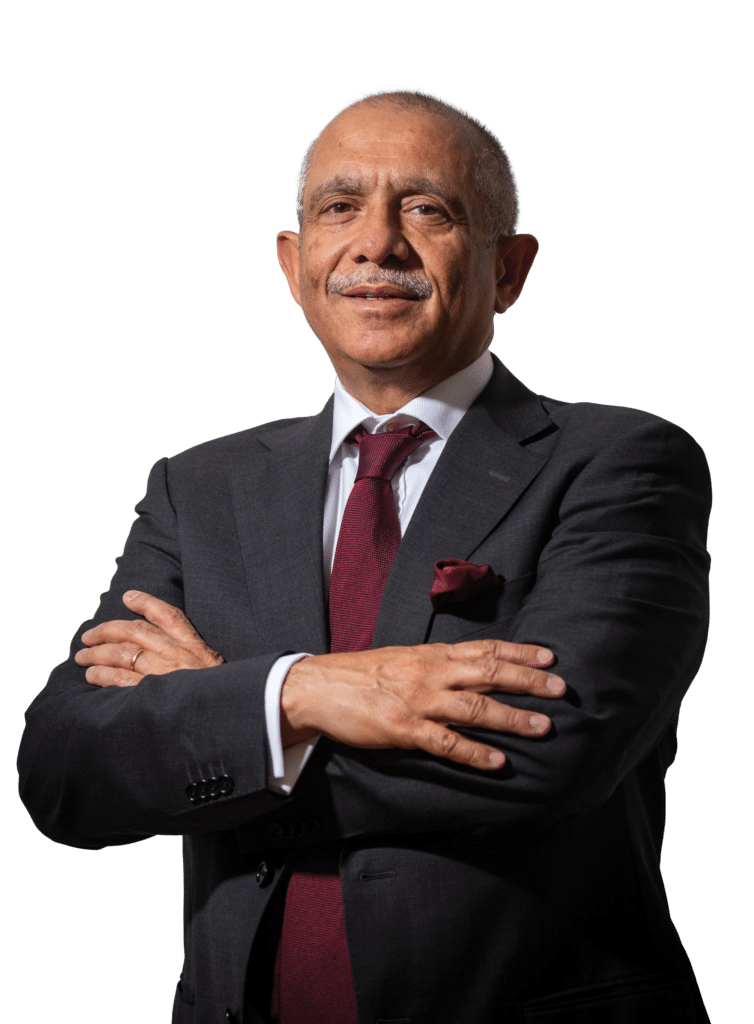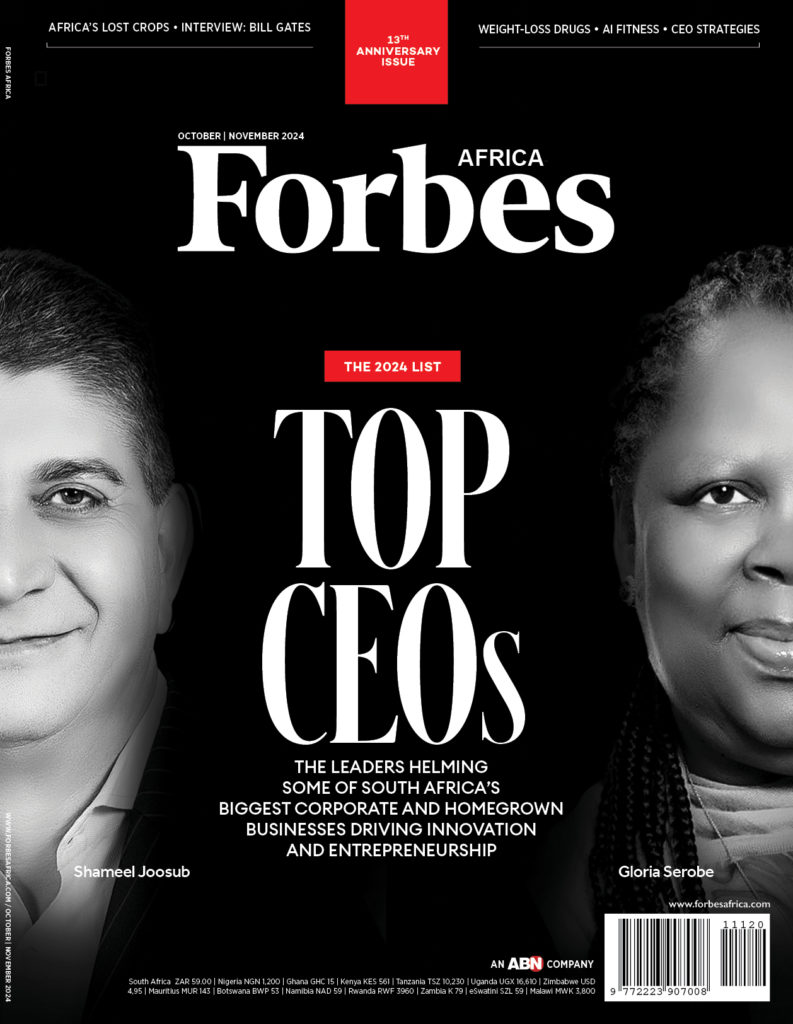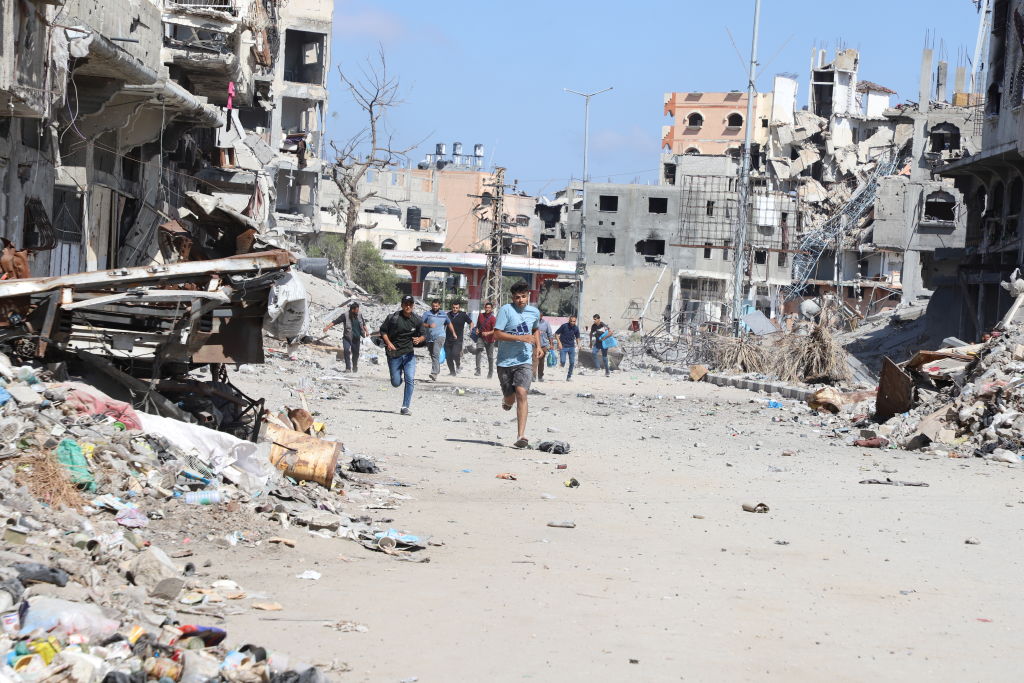One of the highlights of the last period has been the much-awaited debate between Kamala Harris and Donald Trump. Most people I spoke with were unanimous about the deftness and mastery with which Harris handled the questions. However, the debatable issue remains whether she will be able to edge Trump out of the race for good. The real question is whether the American people are ready for a Black American and South Asian American woman to be in the White House. The debate itself was at times touching lows with personal attacks by Trump and his dismal record of untruths from the fact-check reports. Most people were alarmed at his choice of words for immigrants. There are other points that could have been highlighted, other than “eating pets”, to make a compelling argument on immigration. Leaders from the world’s most powerful country can surely elevate the level of conversations a few notches up.

The outcome of the elections will have a number of consequences, particularly if Trump implements half the things he has said he will do, as soon as he is elected. This should make some of the NATO allies reflect a bit before making any rushed decisions in Ukraine. The decision to permit Ukraine to use long-range munitions to hit targets in Russia is not a well thought-through strategy. This will not end the war but only escalate it. Whatever moral high ground that exists today with Ukraine will be completely lost.
The sad reality is that this test of resolve that NATO wants, to check regarding Russian intent, may completely backfire on the Ukrainian people. It’s unlikely that, unless pushed, Russia will attack any other NATO country, but Ukraine will feel the brunt of an assault that will leave the country in rubble. It’s easy to experiment when one knows it’s not putting your own nation or people at risk but is this something that the Ukrainian people truly want? We shouldn’t take Volodymyr Zelensky’s word for this.
My personal view remains that it’s about time that the two leaders (Vladimir Putin and Zelensky) are brought to the negotiation table, and they agree on fundamentals. Russia is unlikely to allow NATO to come to their southern border and if this condition is met, Putin is likely to accept an end to the hostilities. I am sure that Putin has realized the futility of war and has also come to realize that future wars are not going to be so easy to win even with military superiority. The sad reality is that irrespective of whether the war continues or ends, Ukraine as a country is doomed. The debt caused by military aid and favors that on one hand, are piled up high, and the cost of reconstruction of the country, on the other, will ensure that the country remains in poverty for a long time to come. By the time the dust settles, all the strategic assets of Ukraine will in all likelihood be owned by NATO members.
As mere spectators, we continue to pray that good sense prevails on the leaders involved in Ukraine but also those that are sitting on the sidelines and watching the daily destruction and loss of human life in Gaza. Sadly, as we get older, it gets more difficult to comprehend these senseless and futile actions.
Loading...
A positive attribute about growing old is that you become patient and reflective about everything. No more knee-jerk reactions or hasty decisions – unless your grandkids are about to sky-dive from the balcony. The status quo is maintained because we seem to be running in circles putting band-aids on everything happening around us. The perfect analogy is that whenever our grandkids get hurt or cry, we put on a band-aid or give them a pacifier and miraculously, the crying stops. A false sense of comfort until something else happens, which it does. And there begins the functional vicious circle of problems and fixes. Just like our everyday life. Has anyone ever wondered where our sense of tolerance comes from? It’s the band-aid fixes and pacifiers from the time we were born. They unconsciously get embedded into our DNA.
Following this DNA, our lives in Africa have also become transactional, where today’s problems are invariably getting postponed. This line of thinking started when one of our senior executives returned from Nigeria recently without meeting people face-to-face, as there was a fuel shortage, for which the ‘pacifier’ was to work from home. No one traveled to the office, and he could well have stayed in Ghana and had his meetings via Zoom. These day-to-day issues are now taken in one’s stride and we just accept them as status quo. We offer rationales in the form of band-aids, and no one is bold enough to ask questions or take decisive action.
Let’s get over today and tomorrow will fix itself. This reminds me of Scarlett O’ Hara (Vivien Leigh) in the 1939 film, Gone With The Wind. “I am too tired. I will think of it all tomorrow… After all, tomorrow is another day,” she says.
But just this point of pain (amongst many others) in Nigeria needs reflection. How can a country that is the 15th largest producer of oil in the world, is the fourth largest economy in Africa (from almost being first in 2013), whose exports are 90% of the total export income of the country, has over 20 oil billionaires, not be able to provide gasoline to its people at a reasonable rate and in a consistent manner? When this discussion gets expanded to the energy sector, the country has about 11,000MW of installed power capacity, of which less than 5,000MW is distributed against a demand of 40,000MW. Nigeria is often termed as oil-rich but energy-poor, quite the oxymoron. The net result of this is uncontrolled corruption, lack of governance, poor infrastructure, no industrial development, poor education, poor healthcare, hyperinflation, a volatile currency and a society that suffers as the government keeps postponing dealing with issues by another day, each day.
The idea was not to single out Nigeria but draw a similarity to issues being faced by people in many countries in Africa. There is endless opportunity in the continent and abundant talent but it’s all being systematically choked. As we attend more and more global business conferences and meetings and highlight the opportunities and positives about the continent, investors and partners look at us in amazement wondering whether we have lost our minds. Some countries have got their stories and implementation right, but these are smaller economies like Mauritius, Rwanda, Botswana, Zambia and a few others. South Africa is making its way back to comparatively better governance, but most others are not doing much to drive positive change. A lot more needs to be done, and we have to deal with the issues, as much of Africa’s problems are because of its own leaders and it is heart-wrenching to see the global disparity and divide continue to grow despite all the natural resources.
Rwanda continues to be the country where you can see growth and development with each visit irrespective of the frequency of travel. It was timely for me to be in Kigali in September as the country launched the $300 million Kigali Innovation City. The leadership understands its limitations and is trying to excel in areas that they can influence. This includes innovation, education, capacity-building, tourism, sports, conferences, education, financial services, mining and many others. There is a buzz in the city at all times to indicate that the thinktanks are constantly working to develop the economy and catalyze investments into the country. Most people do not associate mining with Rwanda. I was surprised to hear that the country today produces 8% of the world’s tungsten; one of the untold stories of the country.
We hosted CNBC Africa’s inaugural networking and golf day at the Kigali Golf Resort in September and had prominent guests come from the UAE, South Africa, Kenya and India to meet with local business- people and government departments. Our international guests were pleasantly surprised to see the smooth processes, starting with immigration at the airport to the hospitality at the Serena Hotel, along with the ease of meeting people. Everyone received a visa on arrival and there was no cost for the visa (a welcoming gesture). This is such a critical factor for the ease of travel and mobility of business travelers. Additionally, the infrastructure in the country is excellent and there is a method and process for everything. The country is continuing to focus on development and business but has not taken its eye off the importance of tourism and sports.
Much as golf may be seen as an elitist sport, it is ideal for business networking and getting to know each other better. The sport is becoming increasingly popular with the business community in Rwanda.
Our golf day was a huge success with a large participation from women golfers. It was amazing to see this world-class facility come up in the center of Kigali and, once completed, the facilities will compare with the best in the world.

On the issue of performance and governance, it is a well-known fact that all government officials (including ministers, diplomats, bureaucrats) in the country have an accountability report card to be filled in at the end of the year. There is no sense of complacency. This is unique to Africa and while we have seen this in places like Dubai and to some extent, Singapore, Rwanda is the only other country where the accountability and focus on service delivery is a main key performance indicator (KPI) for everyone. Our guests from overseas have taken back many lessons with the hope that they can replicate transformation in their respective countries.
Our October/November 2024 issue coincides with FORBES AFRICA’s 13th birthday. What a remarkable journey this has been for our team in building Africa’s premier business magazine! Even as conventional publishing has seen a decline, the brand association with Forbes remains a very powerful proposition for our market in Africa. As our team continues to tell Africa’s success stories of entrepreneurship and opportunities to inspire future generations, our young leadership is now working to drive change in our distribution to get wider coverage and increase accessibility to our viewers across the continent. Congratulations to Sid Wahi, Renuka Methil, Roberta Naicker and the team for another fantastic year.
Loading...
